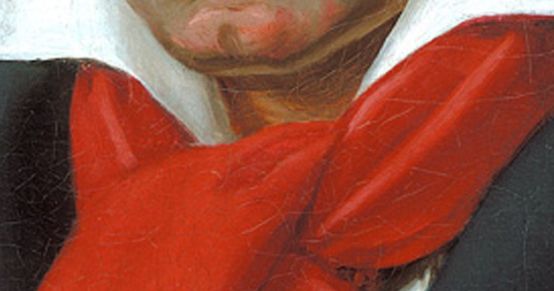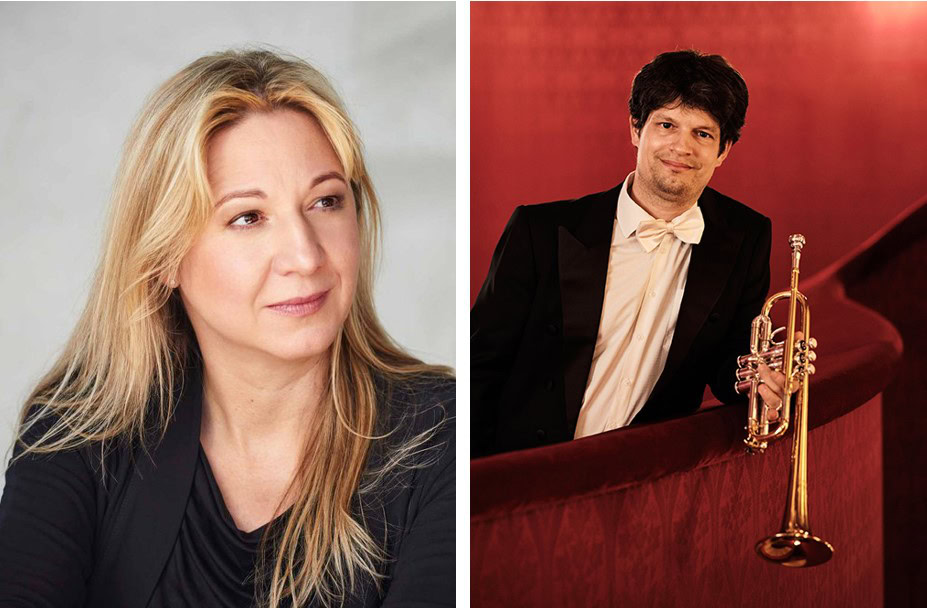"Kreutzer Sonata"
Beethoven every Friday: to mark his 250th birthday, we take a look at one of his works every week. Today it's the Sonata for Violin and Piano No. 9 in A major "Kreutzer".

The musical possibilities that the sonata for violin and piano still opened up at the beginning of the 19th century, and how little binding the treatment of the instruments was, can be seen from the title page of Beethoven's Sonata op. 47, published in 1805, the so-called "Kreutzer Sonata" because of its dedication: "It is a Sonata per il Piano-forte ed un Violino obligato, scritta in un stile molto concertante, quasi come d'un concerto - a sonata for piano and obbligato violin, written in a very concertante style, almost like a concerto. With so much variability, it is hardly a coincidence that no independent aesthetic of the sonata for piano and melody instrument emerged throughout the 19th century (not only for the violin).
Beethoven dedicated the composition to the French violin virtuoso Rodolphe Kreutzer, who, however, according to Hector Berlioz, never played it and even considered it a "outrageusement inintelligible" (as "absolutely incomprehensible"). But even among his German-speaking contemporaries, Beethoven found little understanding. On the contrary, he was bluntly accused of only wanting to be different from the others: In a review in the Leipzig General Musical Newspaper is used by a "aesthetic or artistic terrorism" perhaps understandable in view of a first movement with no less than 599 bars. The technical demands were also felt to be very high, and the sonata itself was only recommended for certain occasions: "when two virtuosos, for whom nothing is difficult anymore, who possess so much spirit and knowledge that, if practice were added, they could write such works themselves, and who, precisely because of this spirit hovering above the whole, are not disturbed by the most whimsical excesses in detail -: if they come together, rehearse the work (for they too would have to;) if they now wait for the hour when even the most grotesque can and may be enjoyed, provided that it is made with spirit, and if they now perform it in this hour: they will have a full, rich enjoyment of it."
The idea of such a musically more intimate hour refers directly to Leo Tolstoy's 1889 publication, The Kreutzer Sonata in which Beethoven's composition acts as an emotional catalyst and transforms the protagonist's love into power-obsessed jealousy. A psychologizing drama about the repressed emotional depths of the bourgeoisie of the time. The 21st chapter reads: "When two people devote themselves to the noblest art, music, there must be a certain intimate understanding; there is nothing offensive about such a rapprochement, and only a stupid, jealous man can see anything objectionable in it. Nevertheless, everyone knows quite well that it is with the help of these pursuits, especially music, that a large number of marital break-ups occur in our society."
Listen in!








